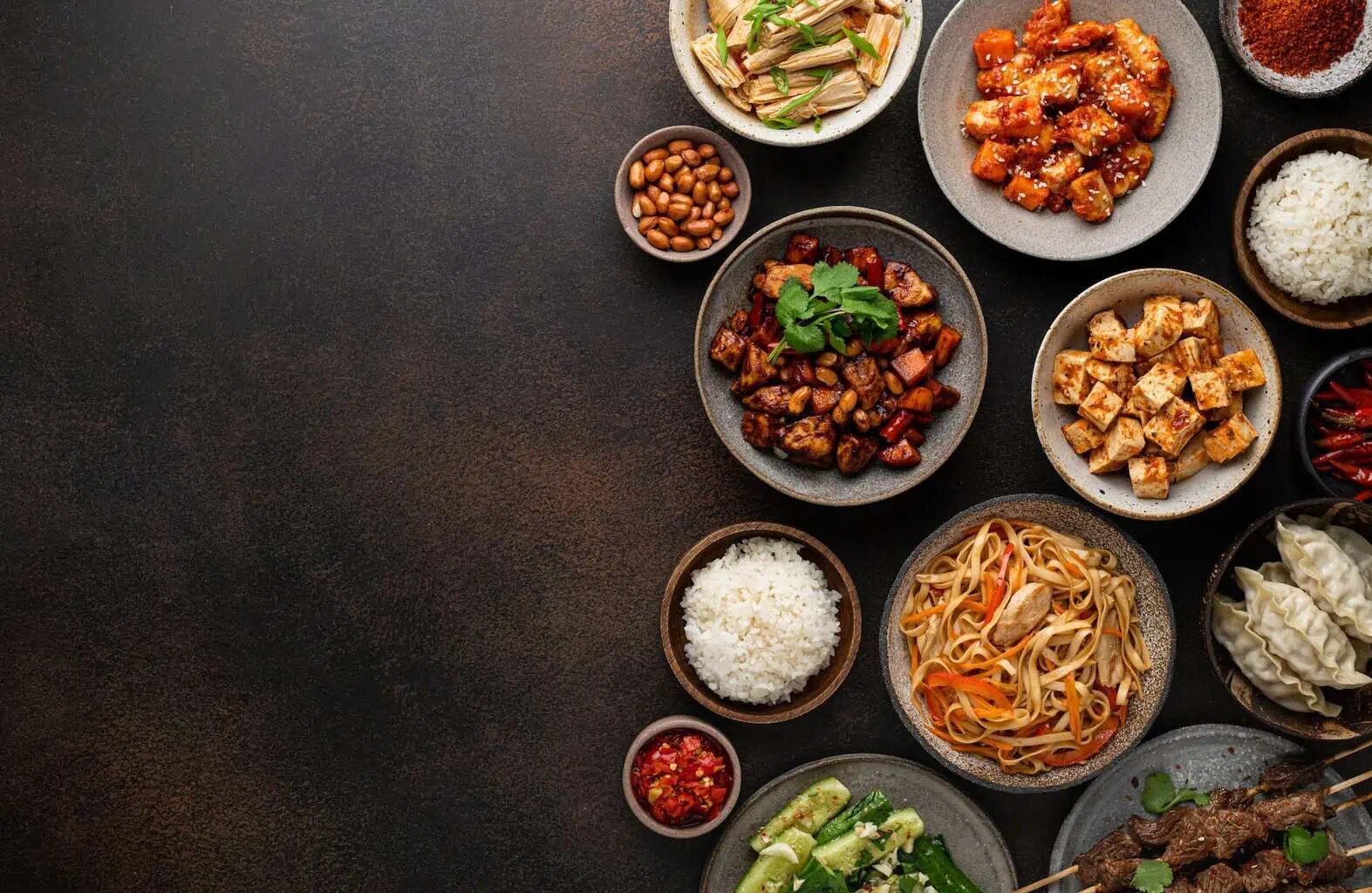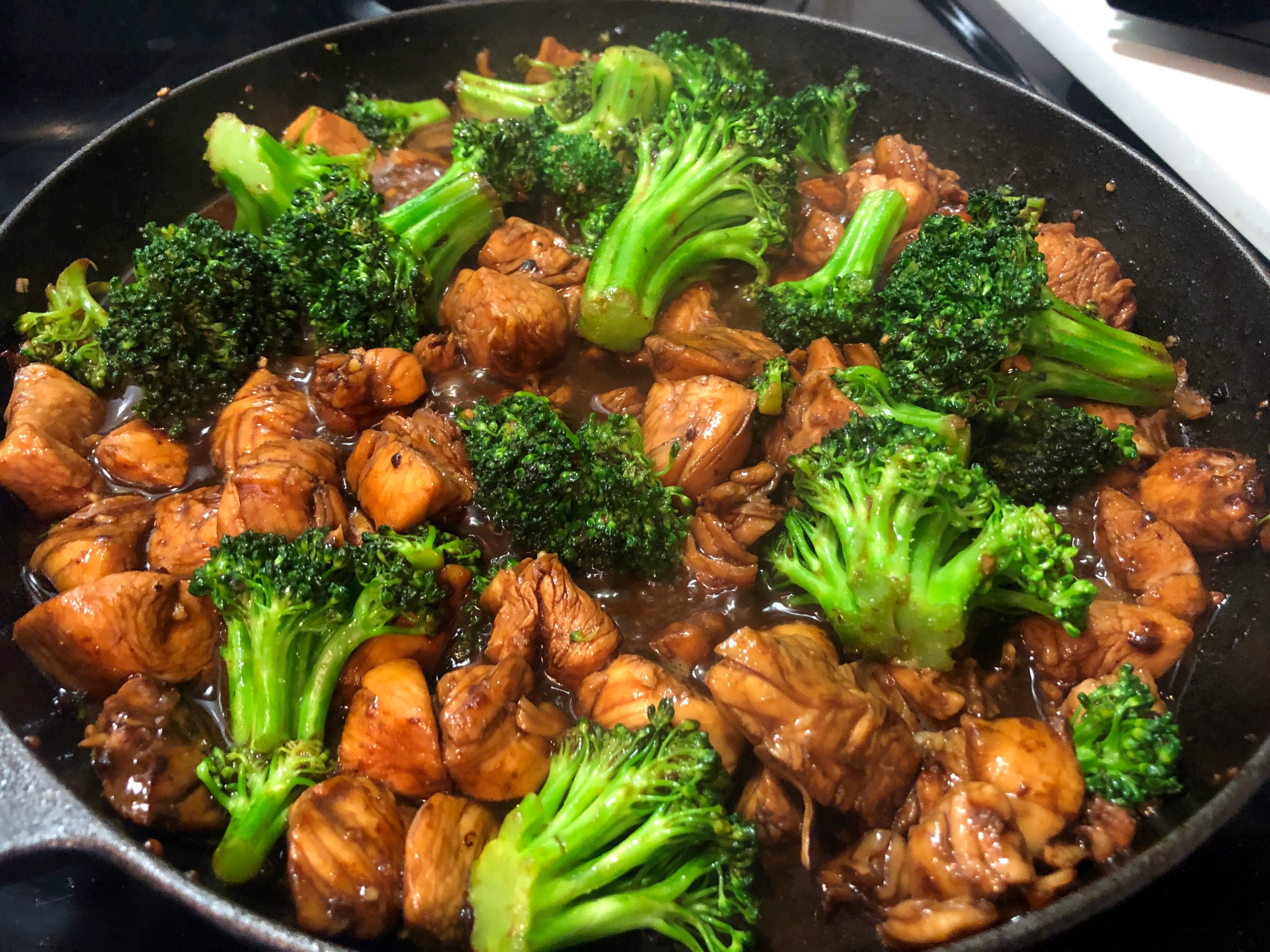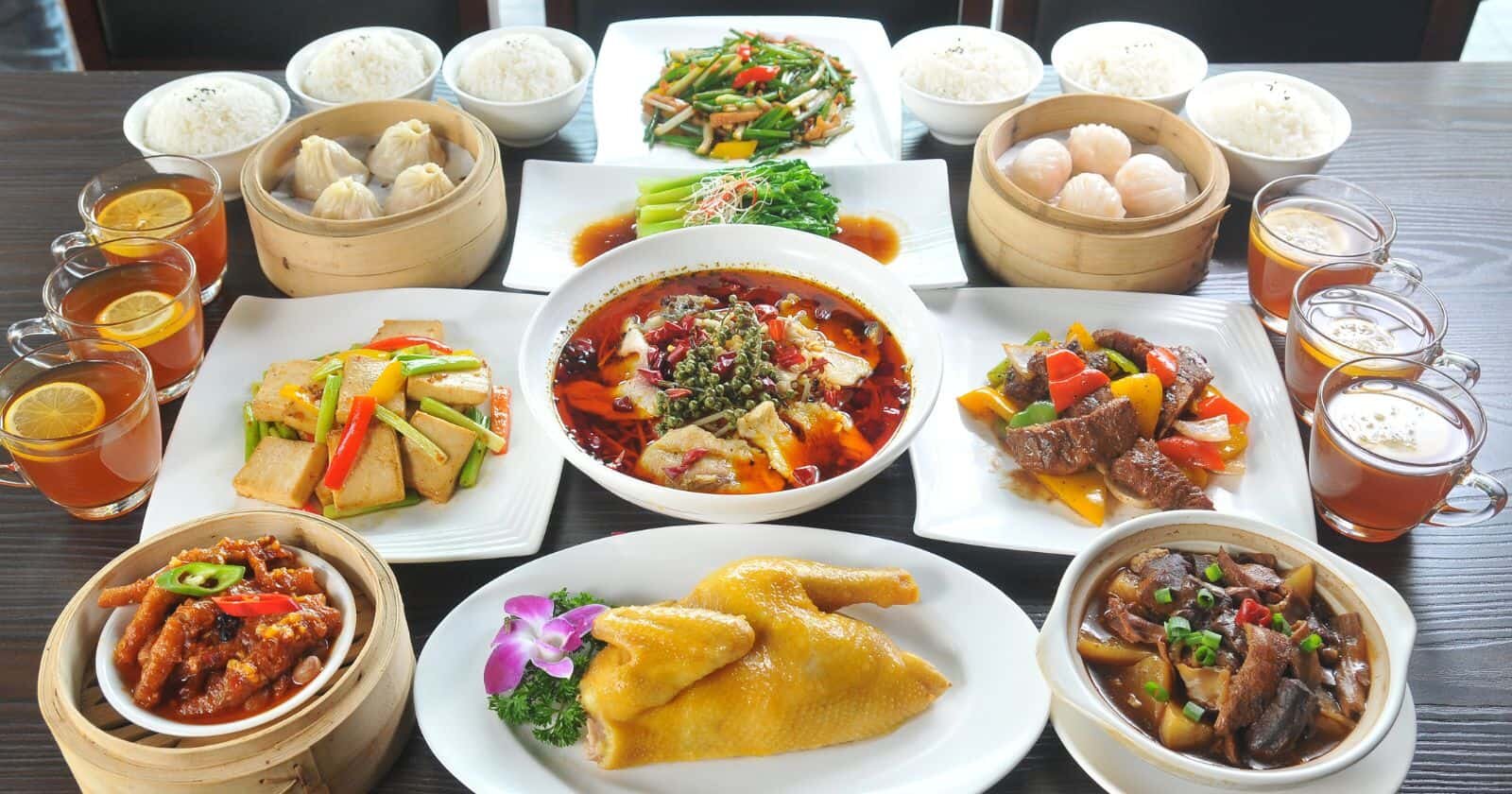What Chinese Food is Ok for IBS? Gut-Friendly Dining
Chinese cuisine is renowned for its delectable flavors and diverse offerings, but for individuals dealing with irritable bowel syndrome (IBS), dining out can be a challenge. The question often arises: What Chinese food is OK for IBS? In our exploration of this cuisine's IBS-friendly options, we embark on a journey through the culinary landscape, guided by the expertise of Chinese Express Restaurant.
Is It Possible to Eat Chinese Food on a Low-FODMAP Diet?
Yes, it is possible to eat Chinese food on a low-FODMAP diet. The low-FODMAP diet focuses on reducing certain types of carbohydrates found in many foods, including wheat, garlic, onions, and certain fruits. Chinese food often includes ingredients like soy sauce, hoisin sauce, and oyster sauce, which can contain high levels of FODMAPs. However, there are still plenty of Chinese dishes that are low in FODMAPs and safe to eat if you have IBS.

Read more: What Chinese Food is Low in Cholesterol
What Chinese Food is OK for IBS?
- Plain Rice: Plain rice is perfect for someone who has IBS since it's low in FODMAPs and easy to digest. If you're looking for something more filling and flavorful, try adding some steamed veggies or shrimp to your rice dish.
- Stir-Fried Vegetables: Stir-fried vegetables are another great option for those with IBS. Choose low-FODMAP options such as bok choy, carrots, bamboo shoots, green beans, and zucchini. Avoid stir-fry sauces containing high-FODMAP ingredients like garlic, onion, and honey.

- Chicken and Broccoli: Chicken and broccoli is a classic Chinese dish that's low in FODMAPs. Make sure to ask for the dish without garlic or onion.
- Shrimp with Lobster Sauce: Another delicious Chinese dish that is IBS-friendly is shrimp with lobster sauce. This dish typically includes shrimp, egg, and a brown sauce made from chicken broth, cornstarch, and soy sauce. Be sure to ask for a dish without garlic or onion.
- Steamed Dumplings: If you're craving dumplings, then steamed dumplings are the way to go. They're usually filled with pork, shrimp, or cabbage and are low in FODMAPs.
What Should You Avoid When Eating Chinese Food?
While there are plenty of Chinese dishes that are low in FODMAPs, there are also many dishes that can trigger IBS symptoms. Here are some things to avoid when eating Chinese food:
- High-FODMAP Vegetables: Vegetables like garlic, onions, mushrooms, snow peas, and asparagus are high in FODMAPs and should be avoided.
- Fried Foods: Fried foods such as egg rolls, fried rice, and fried noodles are not only high in fat but can also contain high levels of FODMAPs.
- Sauces and Marinades: Many sauces and marinades used in Chinese cooking contain high levels of FODMAPs. Soy sauce, hoisin sauce, and oyster sauce should be avoided, and you should opt for plain dishes seasoned with salt and pepper instead.

- Spicy Foods: Spicy foods can irritate the gut lining and cause digestive issues for people with IBS. Avoid dishes that are heavily spiced or contain chili peppers.
- MSG: Monosodium glutamate or MSG is a flavor enhancer commonly used in Chinese cuisine. While it's generally considered safe, some people with IBS may be sensitive to it.
FAQs
- Can I eat fried rice if I have IBS?
Fried rice can be high in FODMAPs, especially if it contains garlic or onion. Instead, opt for plain steamed rice with some low-FODMAP vegetables or protein added.
- Is soy sauce okay for IBS?
Soy sauce is not recommended for people with IBS as it can contain high levels of FODMAPs. Instead, use gluten-free soy sauce or tamari in moderation.
- Are there any Chinese dishes that are completely safe for IBS?
Plenty of Chinese dishes are low in FODMAPs and safe to eat if you have IBS. Clear soups, steamed rice, stir-fried dishes made with low-FODMAP vegetables and protein, and steamed dumplings are all good options.
- Can I eat spicy Chinese food if I have IBS?
Spicy foods can irritate the gut lining and cause digestive issues for people with IBS. It's best to avoid heavily spiced dishes or those containing chili peppers.
- What should I do if I experience symptoms after eating Chinese food?
If you experience symptoms after eating Chinese food, it's important to identify the trigger food and avoid it in the future. Keep a food diary and note down which dishes you ate and how you felt afterward. If you suspect that a particular dish triggered your symptoms, try eliminating it from your diet for a few weeks and see if your symptoms improve.
View more: What Chinese Food is Kidney-Friendly?
Conclusion
In concluding our exploration of What Chinese Food is OK for IBS? we've unveiled the range of IBS-friendly choices that Chinese cuisine can provide. Chinese Express Restaurant, with its commitment to offering dishes suitable for those with dietary sensitivities, reflects the evolving nature of culinary awareness and health-conscious dining. Whether you choose these dishes for health reasons or simply appreciate their delicious flavors, remember that dining is a celebration of diverse tastes and the joy of savoring dishes that cater to both your palate and your well-being
RESTAURANT LOCATIONS
-
 2488 Channing Way Berkeley, CA 94704 Hotline: (510) 845-3766
2488 Channing Way Berkeley, CA 94704 Hotline: (510) 845-3766





